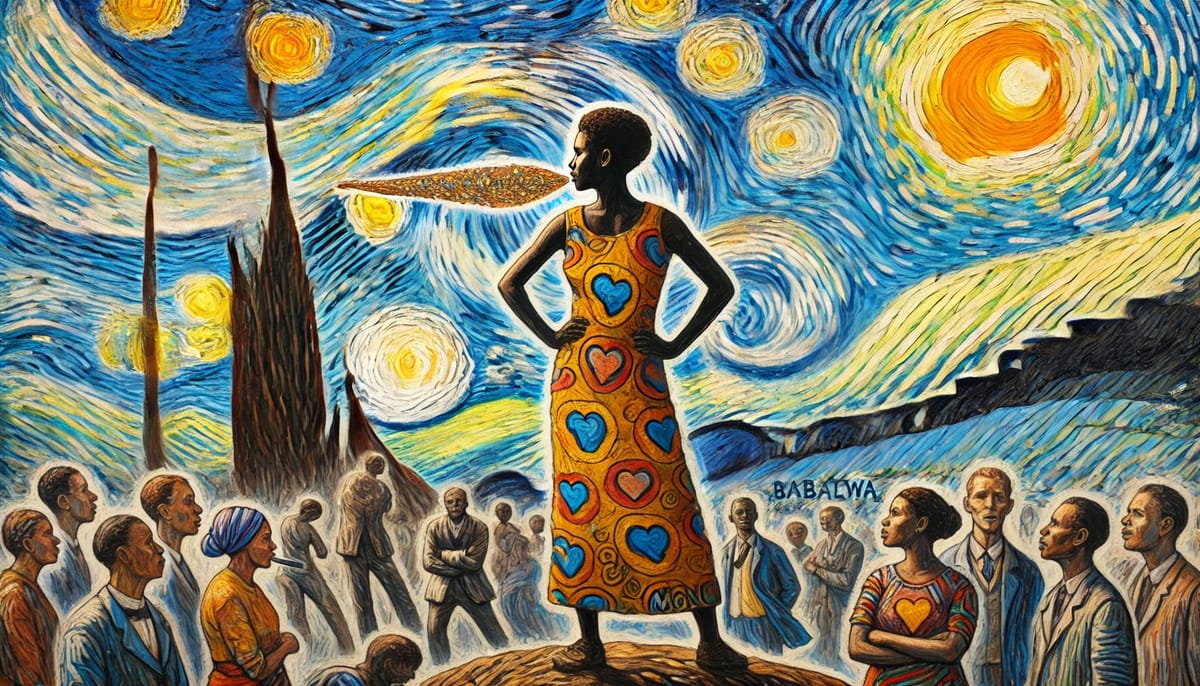Babalwa Mbono: Overcoming TB Stigma and Becoming a Voice for Change

Tuberculosis (TB) is not just a disease—it is a condition wrapped in layers of stigma and misunderstanding. For Babalwa Mbono, a woman from South Africa, TB was not just a personal health battle but a fight against social rejection, isolation, and deep-seated fears within her community.
The Diagnosis That Changed Everything
When Babalwa was diagnosed with multidrug-resistant tuberculosis (MDR-TB), she faced not only the physical toll of the illness but also the emotional burden of being seen as a threat. Many around her assumed she was careless, that her illness was somehow her fault, or worse, that she was a walking danger.
She lost her job. People avoided her. Even some of her family members kept their distance. The stigma was suffocating.
Fighting for Her Life and Dignity
Treatment for MDR-TB is long and exhausting. Babalwa had to endure two years of medication, including painful injections and strong drugs with severe side effects. But perhaps the most difficult part was the loneliness—the feeling of being treated as if she was invisible, or worse, contagious beyond cure.
Despite this, she did not give up. With the support of a few close individuals and medical professionals who treated her with dignity, she pushed through the treatment.
Becoming a TB Advocate
After overcoming MDR-TB, Babalwa chose to speak up. She refused to let stigma silence her story. She began working with TB Proof, an organization fighting TB-related discrimination. She shared her experience openly, teaching people that TB is curable and that stigma only makes it harder for patients to seek help.
Her message was simple but powerful: “We must treat TB like any other disease. Support, not shame, will help us fight it.”
Breaking the Silence on TB Stigma
Babalwa’s story is a reminder that stigma is as dangerous as the disease itself. Shaming patients only leads to more hidden cases, more delayed treatments, and more unnecessary suffering.
TB is not a moral failing, and those affected by it deserve care, compassion, and respect. Thanks to voices like Babalwa’s, more people are learning to see TB as what it is: a medical condition, not a social sentence.
